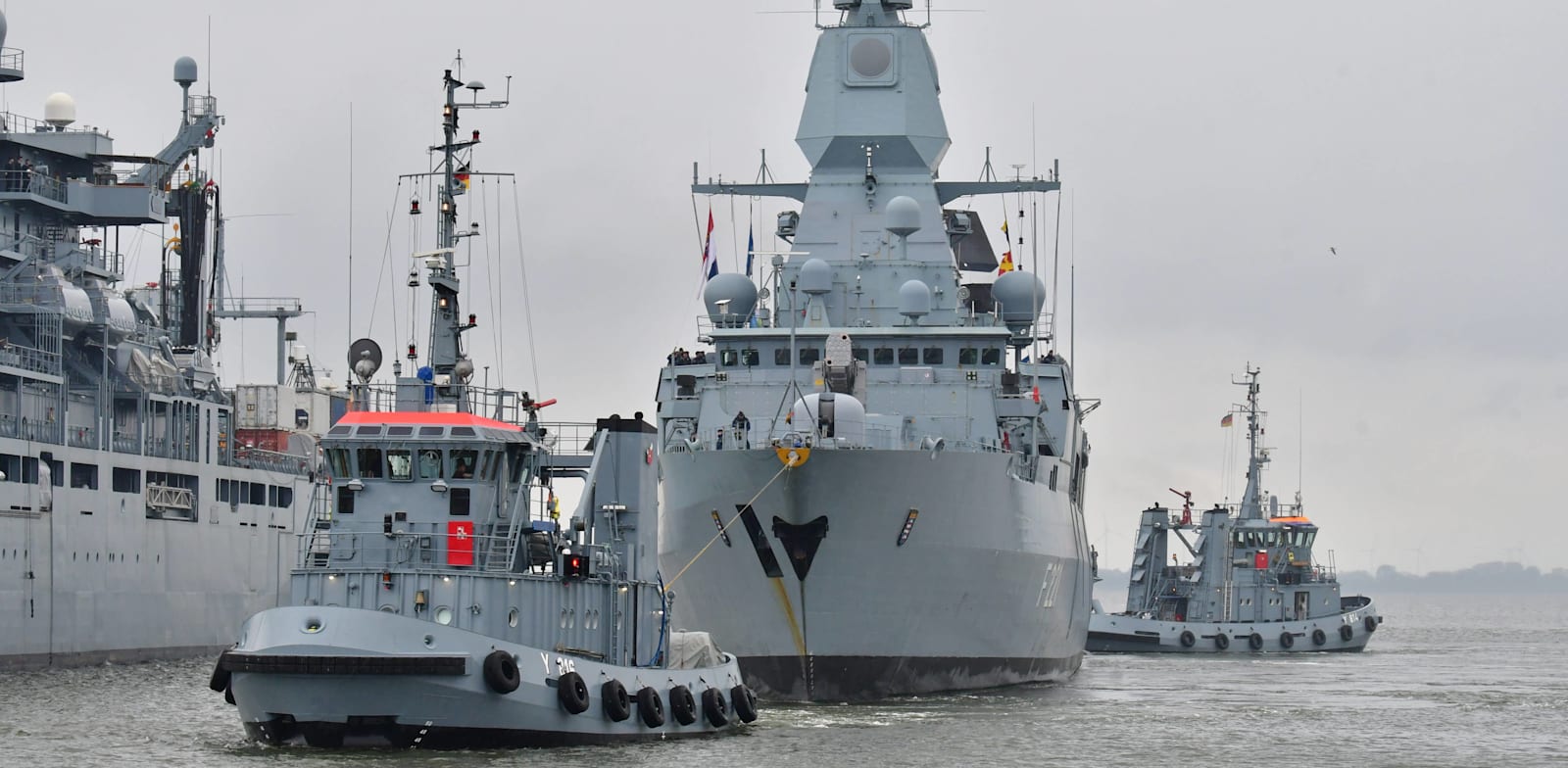The European Union’s response to the threat posed by the Houthis in the Red Sea has been met with challenges and limited success. The Aspides task force, established just three months ago, was created to protect ships from attacks by the rebels but is facing insufficient security resources and low participation from member countries.
Recent reports suggest that the task force is faltering, with a significant drop in the number of ships passing through the Red Sea compared to the previous year. Despite efforts to secure free movement of ships, major shipping companies have yet to resume operations due to continued threats posed by the rebels.
The participation of countries in the task force has been limited, with only three battleships currently active. The withdrawal of Germany’s battleship Hessen highlights the strain on resources faced by European navies. Efforts to temporarily fill Germany’s place with vessels from Holland and Belgium are uncertain, as these countries are still considering the request.
The ongoing attacks by the Houthis have disrupted trade routes in the region, leading to a significant reduction in ship traffic. Major shipping companies have yet to resume operations due to continued threats posed by the rebels.
The situation in the Red Sea remains tense, with risks of attacks by the Houthis expected to persist. The European Union’s establishment of Aspides underscores its importance in ensuring secure trade routes in



